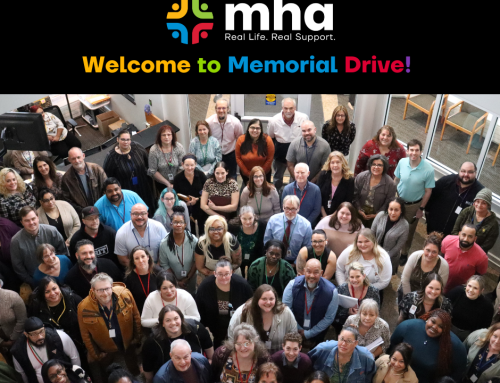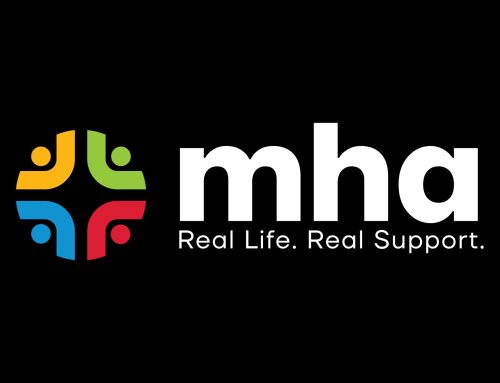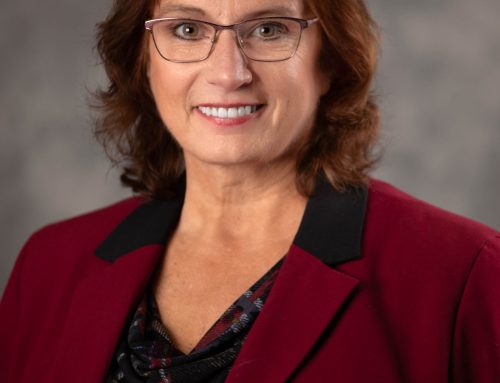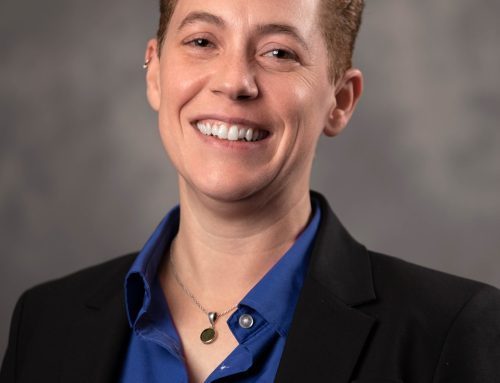City of Springfield Funds $20,000 Grant to Provide Mental Health Services to Local Individuals and Families in Need
SPRINGFIELD, MASS. – MHA designed its Wellness Without Walls initiative to serve people who can benefit from mental health counseling, as well as Recovery Support Navigation and Recovery Coaching services for substance use and opioid addiction, but who cannot afford these services because they are uninsured or underinsured. Now, thanks to a $20,000 grant from the City of Springfield, MHA will be able to serve those in need with programming and services to support their mental wellness and recovery. All individuals served during the one-year grant period will have low or moderate income per HUD guidelines.
“We are tremendously grateful to receive this funding from the City of Springfield to deliver essential mental health services,” said Sara Kendall, MSW, LICSW, Vice President of Clinical Operations for MHA. “As we look to identify the most pressing needs in the current environment, one of the pieces we continually see is the impact COVID is having as children, adults and families continue to adjust their lifestyles in response to COVID. There are financial implications of COVID as well. Sadly, many have lost their jobs and in turn their health insurance and other benefits. This forces people to pay out of pocket for mental health services, which for many just isn’t an option these days. Wellness Without Walls enables MHA to provide services to people who don’t have insurance to pay for it and who don’t have the income to cover the costs even on a sliding fee scale. Now more than ever, the opportunity to support people in their mental wellness and help ensure their social connectedness in recovery communities is tremendously important. This grant helps provide that support.”
Kendall explained that stress often grows as folks try to stay safe from the pandemic and wonder how to make ends meet. For people in recovery, such stress is amplified by social distancing, which effectively means social isolation if they rely on others, such as sponsors and support groups, to help prevent a relapse. Mental health services can help folks in such situations to ease the stress and feel better, and Wellness Without Walls will help MHA to deliver those services. Among MHA services provided through Wellness Without Walls are Recovery Coaching and Recovery Support Navigation.
A Certified Recovery Coach is an individual who has lived experience with addiction, is stable in recovery, has completed a state-offered Recovery Coach Certification Program and is supervised by someone who has completed a Recovery Coach Supervisor Program, in this case a senior staff member at BestLife.
A Recovery Support Navigator is a Bachelor’s-level paraprofessional who works with persons who have a substance use disorder or co-occurring disorder to provide a strong linkage between medical health and behavioral health issues. The Recovery Support Navigator helps individuals remove barriers that can be a hinderance to getting needed services. They identify individual issues and connect persons to needed services, ranging from assistance with medical and dental services, as well as connections to behavioral health. MHA has three full-time Recovery Coaches and is in the process of hiring a fourth, and one full-time Recovery Support Navigator and looking to hire a second.
To learn more about Wellness Without Walls or to receive emotional support through MHA’s Bestlife clinic, please call 844-MHA-WELL or email bestlife@mhainc.org.
About MHA:
What We Do
MHA (Mental Health Association) helps people live their best life. We provide access to therapies for emotional health and wellness; services for substance use recovery, developmental disabilities and acquired brain injury; services for housing and residential programming, and more. With respect, integrity and compassion, MHA provides each individual served through person-driven programming to foster independence, community engagement, wellness and recovery.
Why We Matter
The youth, adults, seniors and families we serve want the same things in life as anyone: to have friends, work, go to school, have meaningful relationships, express themselves (and be heard), and be accepted in their community for who they are. With our help and resources from a caring community, people can live their potential, in their community, every day.
How We Think
Starting in the 1960s, MHA’s groundbreaking efforts and advocacy helped to transition people away from institutional living to a life in our community. This became a model for the deinstitutionalization movement. Today, our leadership continues to advance awareness of mental health conditions and needs at local, regional and national levels. We drive compassionate care for those challenged by mental health, developmental disabilities, substance use, homelessness, acquired brain injury and more.
